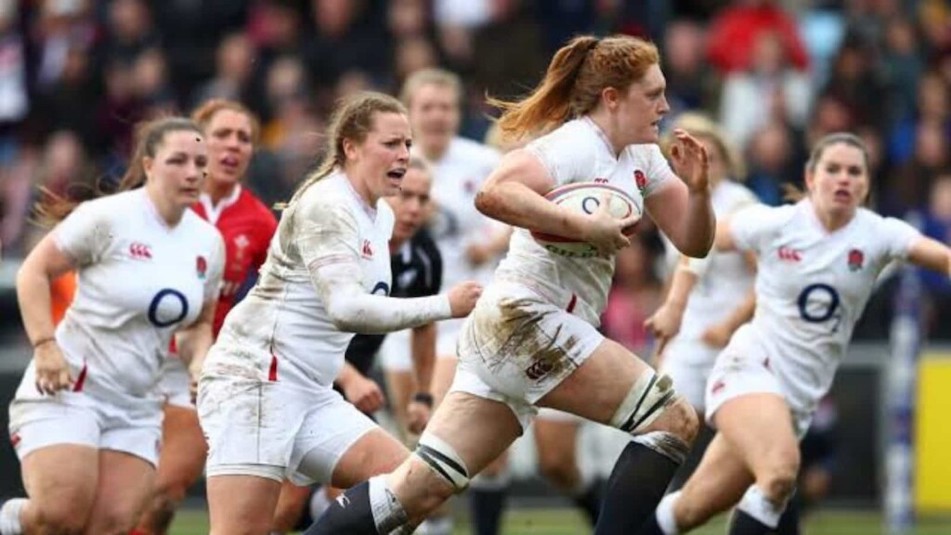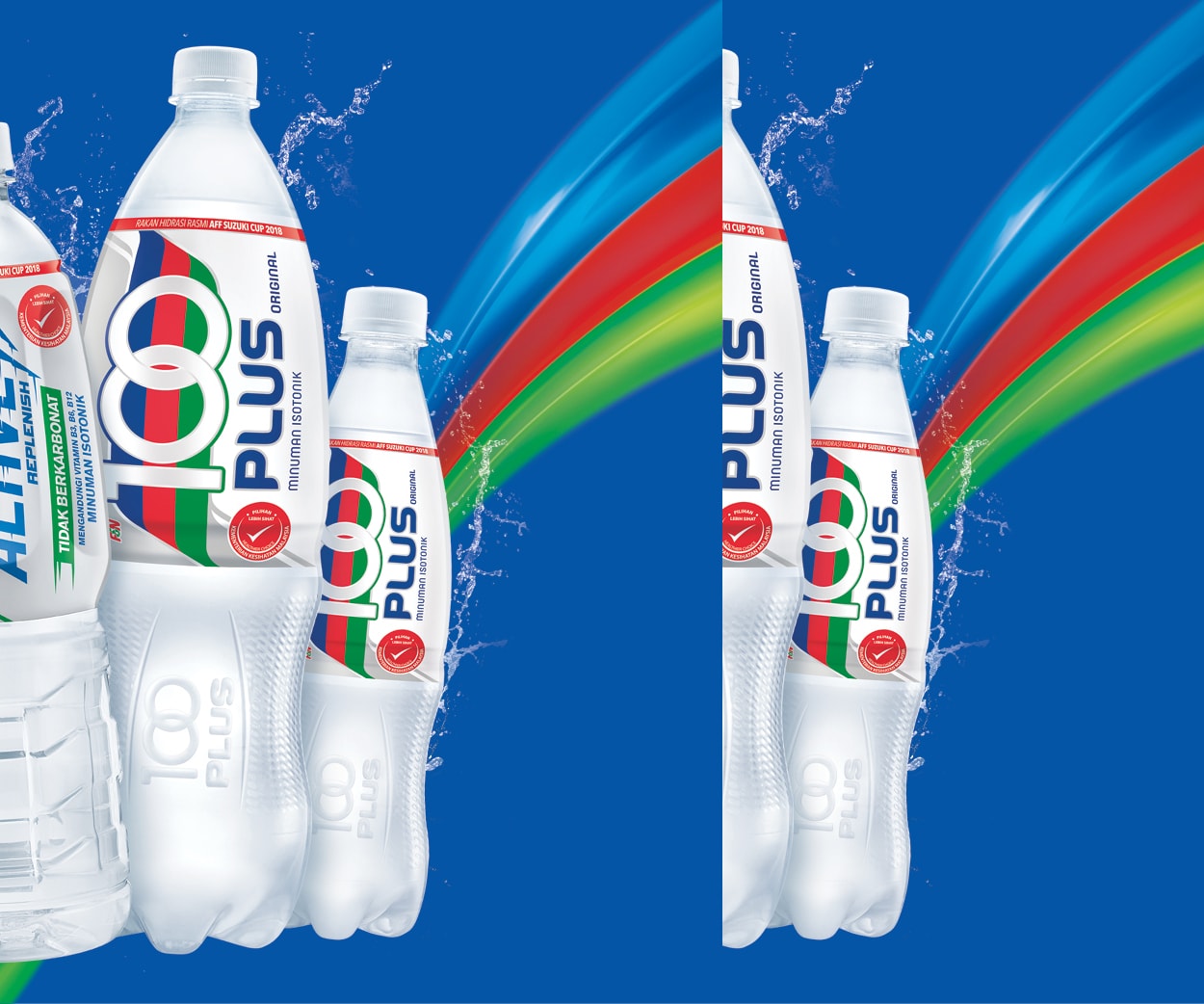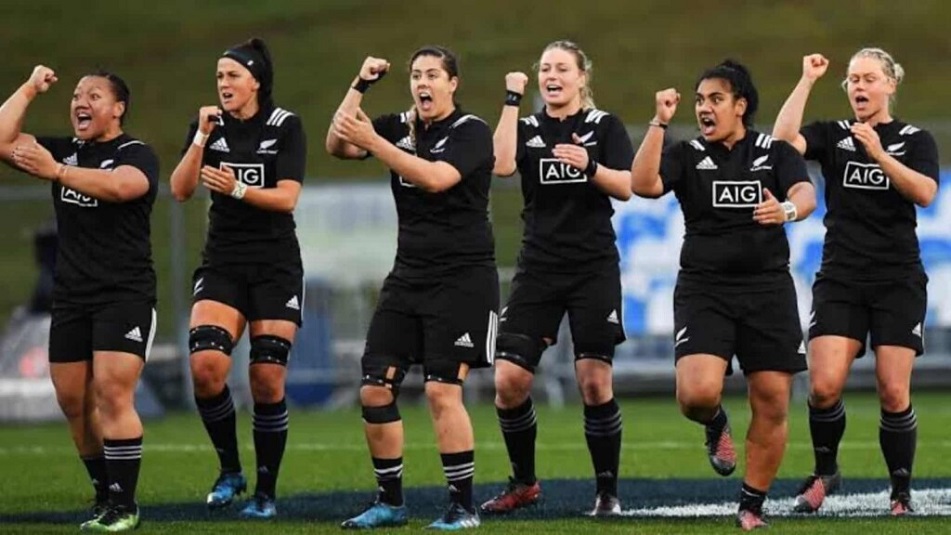 The Black Ferns and the Red Roses will participate in a ground-breaking head impact study using instrumented mouthguards to inform and advance injury-prevention initiatives in women’s rugby.
The Black Ferns and the Red Roses will participate in a ground-breaking head impact study using instrumented mouthguards to inform and advance injury-prevention initiatives in women’s rugby.
The world’s top two ranked teams will wear Prevent Biometrics’ market-leading instrumented mouthguards during the matches between the two teams on 31 October and 7 November and during training sessions.
The devices contain an impact monitor data acquisition system that collects and transmits count, load, location, direction, linear and rotational motion every time there is a collision between players or players and the ground. Every impact, including those that are not directly involving the head, are recorded by the instrumented mouthguards will be matched to time-coded video for analysis.
A cornerstone of World Rugby’s recently-launched six-point plan to cement rugby as the leading sport on player welfare is a dedicated focus on women’s rugby and the landmark study will combine with research being undertaken in Otago, New Zealand, using the same devices to deliver for the first time a comprehensive, detailed and comparable picture of head impacts across women’s rugby from girls and community rugby to the elite level.
Les Elder, Black Ferns captain, said: “It’s great for the Black Ferns to be involved, especially because it will help improve the knowledge around female rugby players. We’re also proud to be playing a role in improving the game and making it safer for everyone from young girls and boys to professional teams.”
Jamie Tout, Black Ferns Head of Athletic Performance said: “We’re really committed to the appropriate use of technology to support research, and this is a great opportunity at the highest level of the game to do that. This study will provide further insights to improve our game and continue to develop strategies to support player welfare through good science, coaching interventions and strength and conditioning. It’s also important that we have data from elite women’s teams, and we’ll have two highly-skilled teams going up against each other. We look forward to seeing what we can learn and improve on.”
Dr Simon Kemp, RFU Medical Services Director, said: “We are delighted to collaborate with World Rugby on this research project. The findings will be an important addition to rugby’s developing understanding of head impact exposure. I’d also like to thank our official mouthguard provider Opro for allowing us to participate in this World Rugby-led study.”
Red Roses captain, Sarah Hunter added: “It’s great that ourselves and New Zealand are able to work with World Rugby on this important research ahead of our upcoming back-to-back autumn international matches. Making rugby safer for every player at all levels of the game is hugely important and we’re pleased to contribute.”
This research programme, combined with the Otago Rugby Community Head Impact Detection study and Leinster, Clermont Auvergne and Benetton Treviso’s senior men’s teams, more than 1,000 players will participate in the largest-ever study of its kind, providing the sport with an invaluable platform to advance welfare for participants at all levels.
World Rugby Chief Medical Officer Dr Eanna Falvey said: “We are delighted that the top two ranked women’s international teams have joined this landmark study which will deliver data and insights to make the sport safer for every participant at every level. Importantly, we will have data from well over 1,000 participants at every level of the game recorded via the same comparable technology, which is vital for comparison and accuracy purposes.
“We want rugby to continue to be the most progressive sport on player welfare. This is an example of that commitment in action and I would like to thank England and New Zealand for their support and everyone involved in a study that will help us better understand the nature and volume of head impacts at every level of the game, informing our evidence-based injury-prevention approach.”
Prevent Biometrics CEO Mike Shogren added: “Prevent is excited to expand our groundbreaking studies with World Rugby. Expanding our data collection to the men’s and women’s elite environments will further showcase the value of accurate head impact data. In this study alone, we will have outfitted and tracked head collision data for 1,000 athletes and appreciate World Rugby’s stewardship of our mouthguard and data collection system. Accuracy is paramount in evaluating head trauma and this partnership will inform how to further athlete safety across the globe.”
The study reflects World Rugby’s ongoing desire to embrace the latest technology to advance understanding of the nature of head injuries across the sport and inform prevention strategies. The international federation is also examining eye-tracking technology as an objective means to support the Head Injury Assessment and Graduated Return to Play process. – WORLD RUGBY
































